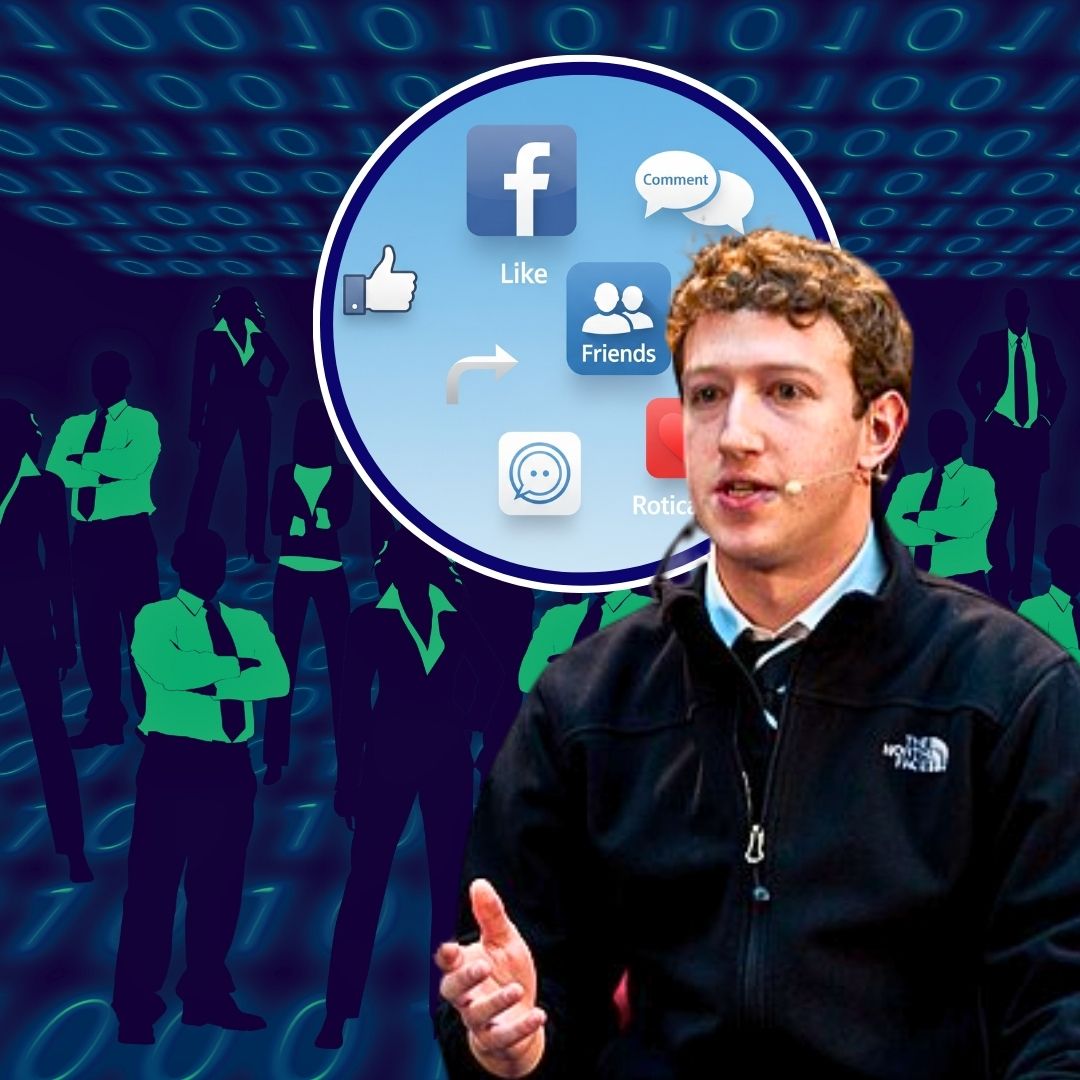Mark Steven Zuckerberg, a bankruptcy lawyer from Indiana, has filed a lawsuit against Meta CEO Mark Zuckerberg after Meta repeatedly suspended his Facebook accounts for allegedly impersonating the tech billionaire. Despite proving his real identity and having practiced law for nearly 38 years, predating the CEO’s fame, the lawyer’s business and personal accounts have been shut down multiple times over the last eight years.
These suspensions caused him to lose thousands of dollars in advertising fees and disrupted client communications. Meta has acknowledged the mistake, reinstated the accounts, and is working to prevent similar errors in the future. The lawyer seeks compensation, permanent restoration, and stronger safeguards against wrongful bans.
Repeated Suspensions and Business Impact
Mark Steven Zuckerberg’s ordeal began nearly a decade ago as his Facebook accounts were suspended five times and personal accounts four times, each flagged by Meta’s automated system as impersonations. “It’s like buying a billboard and then putting a blanket over it,” he lamented to local broadcaster 13WTHR.
The lost advertising investment totals roughly $11,000, and the suspensions severely hampered his ability to reach clients. Despite submitting extensive proof of identity, including photo IDs and credit cards, the bans persisted. He filed suit in Marion Superior Court accusing Meta of negligence, breach of contract, and failing to uphold its agreement as a paid advertiser.
Background and Corporate Response
This unprecedented lawsuit highlights challenges faced by large platforms employing AI moderation to manage vast numbers of accounts, sometimes erroneously penalising legitimate users. In a statement to the press, Meta admitted the error: “We have reinstated Mark Zuckerberg’s account after finding it had been disabled in error.
We appreciate Mr. Zuckerberg’s continued patience and are working to prevent this from happening again.” The lawyer expressed frustration at delayed responses to appeals and hopes his case will pressure Meta into improving its policies and systems to avoid unfair suspensions.
The Logical Indian’s Perspective
This case serves as a powerful reminder that automated systems, while efficient, must incorporate fairness and robust identity verification to protect innocent users. Technology platforms owe users transparent processes and prompt remedies when errors occur, especially when livelihoods are at stake.
The Logical Indian urges social media giants to balance security with empathy and invites readers to reflect on how digital rights can be better safeguarded.












